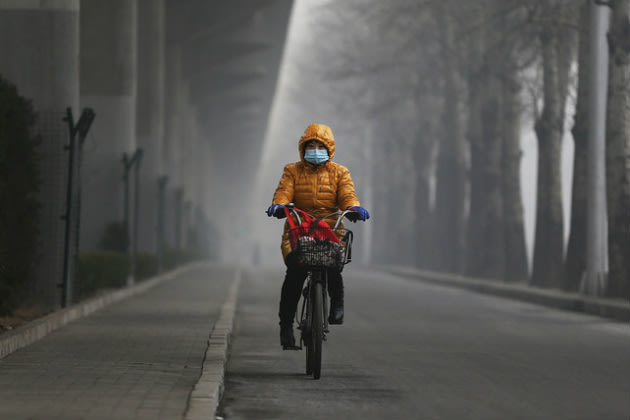By Ryan Aliman
Impunity Watch Reporter, Africa
KHARTOUM, Sudan – On Tuesday, Sudanese President Omar Al-Bashir officially declared that all political prisoners will be freed.

Described by the press as a “surprise move”, the President’s decision was carried out on the same day by releasing the first batch of political prisoners. This batch consisted of seven opposition leaders, six men and a woman, who were arrested without any formal charge last January. They were detained for three months at Khartoum’s Kober prison.
“Today, we announce a decision to free all the political prisoners and renew our commitment to all political powers about dialogue,” President Al-Bashir said during the announcement. “We confirm we will continue our communication with all political and social powers without excluding anyone, including those who are armed, for a national dialogue which will bring a solution to all issues.”
Last month, President Al-Bashir told a Qatari magazine that he will step down at the next election in 2015. He admitted that his 20-year rule was “more than enough” and Sudan finally needed “fresh blood”. Political analysts say that releasing the political prisoners may be the President’s attempt to salvage his reputation.
The International Criminal Court charged Al-Bashir for genocide and war crimes four years ago making him the only sitting president wanted by the ICC.
“He is considering his legacy having indicated he will not run in 2015,” said Alex Vines, head of the Africa program at Chatham House, a London-based think tank. “This is about the redefinition of Sudan following the independence of the South. Bashir knows old strategies need to be reformed. It is also a clever way to respond to growing unified opposition.” Vines also mentioned that the President will stay true to his promise and will release more prisoners in the following weeks.
However, members of other opposition groups were not too impressed with the President Al-Bashir’s decision. According to Farouk Abu Issa, a leader of a coalition of 20 opposition groups, “hundreds” of other prisoners are still in police custody. “It is a step forward but we are waiting for many other steps,” he pointed out.
By Amnesty International’s calculations, at least 119 other political detainees remain incarcerated under “degrading and inhumane conditions.”
Amnesty International’s Jean-Baptiste Gallopin said that the measures taken by Al-Bashir to uphold and protect human rights are actually “very limited”. “A series of recent laws that allow Mr Bashir’s security forces great leeway in defining and clamping down on dissent must be repealed to show true commitment to reform,” he said. “If you look at this in the broader legal context that allows the authorities to carry out the repression that we see in Sudan, there is little sign that that is going to change,” Gallopin added.
For further information, please see:
BBC News – Sudan frees Abdul Aziz Khalid and other political prisoners – 2 April 2013
Global Post – First political prisoners freed under Sudan amnesty – 2 April 2013
Middle East Online – Amnesty underway in Sudan: First political prisoners freed – 2 April 2013
The Telegraph – Sudan’s Omar al-Bashir frees political detainees in surprise amnesty – 2 April 2013
Yahoo News – Sudan’s Bashir starts freeing prisoners, polishing up legacy – 2 April 2013


